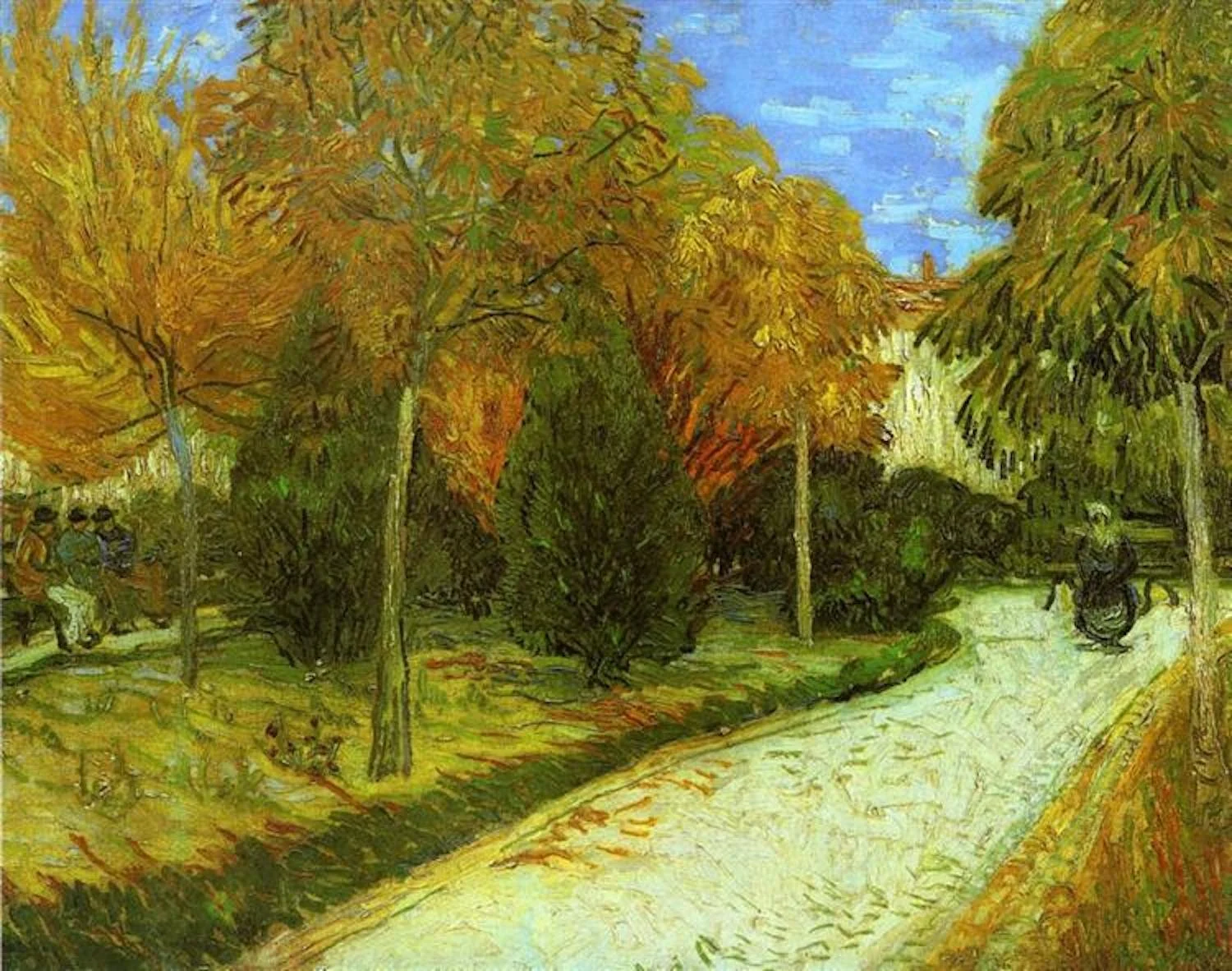The PATH: Meaning, Freedom, and Experience
sent by J.W. Bertolotti | January 17, 2022
Welcome to The PATH — a weekly reflection with three timeless insights for daily life.
1. Meaning
How do we find meaning in life? Philosophers and spiritual thinkers throughout history have pondered this question. The American essayist Ralph Waldo Emerson suggested,
“The purpose of life is not to be happy. It is to be useful, to be honorable, to be compassionate, to have it make some difference that you have lived and lived well.”
The classic Man’s Search for Meaning by Viktor Frankl provides similar advice. It does not matter what we expect from life, wrote Frankl, but rather what life expects from us. “We should stop asking the meaning of life and instead think of ourselves as being questioned by life — daily and hourly.”
What might life be questioning you? How can we hear life’s questions?
Writer H.G. Wells put it this way, “Find the thing you want to do most intensely, make sure that’s it, and do it with all your might. If you live, well and good. If you die, well and good. Your purpose is done.”
——
2. Freedom
There may be no philosopher in history (with the possible exceptions of Socrates and Nietzsche) who has received greater attention in artistic, literary, and popular culture than Baruch de Spinoza (1632–1677), writes Steven Nadler (a previous podcast guest).
In Think Least of Death: Spinoza on How to Live and How to Die, Nadler writes on the idea of becoming free. Spinoza discovered, and what he wants us to know, is a particular way of living that represents a kind of perfection of our human nature.
Spinoza wrote,
“The highest activity a human being can attain is learning for understanding because to understand is to be free.”
If one theme runs throughout and unites Spinoza’s writings, it is freedom. One can live at the mercy of circumstances, rashly pursuing and avoiding things whose comings and goings are well beyond one’s control. The free person, by contrast, is in control of his life. He acts rather than reacts. “The free person is led by reason,” explained Nadler, “not by passion.”
——
3. Experience
Leonardo Da Vinci called “wisdom the daughter of experience.” But, does wisdom only come by way of experience and age?
Humans have an evolutionary need to be wise, writes Dilip Jeste, the author of Wiser (and previous podcast guest). However, the need to become wise does not lead to wisdom. As Seneca put it, “No one ever became wise by chance.” In a letter to Lucilius, Seneca advised, “obtain each day some aid against poverty, something against death, and likewise, against other calamities.”
For wisdom and experience to be helpful, they must integrate into daily life. Take this anonymous quote as an example,
“Knowledge is knowing a tomato is a fruit, wisdom is knowing not to put it in a fruit salad.”
The philosopher Montaigne explained in his Essays, “To compose our character is our duty, not to compose books, and to win, not battles and provinces, but order and tranquility in our conduct.” Our great and glorious masterpiece is to live appropriately.
——
Thank you for reading; I hope you found something useful. If so, please consider sharing it with others.
Each week, we send a short reflection with three insights to help you live your highest good. If you are not a subscriber to The PATH you can sign up here to receive it right to your inbox.
Image credit: Path in the Park at Arles by Vincent Van Gogh (1888)






